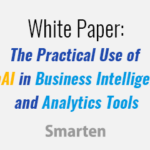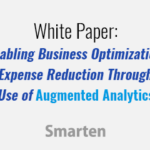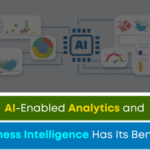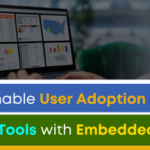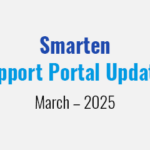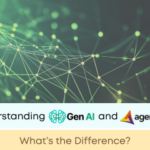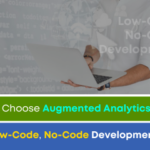A Citizen Data Scientist Initiative Can Optimize Data Scientists and Encourage a Data-Driven Culture!
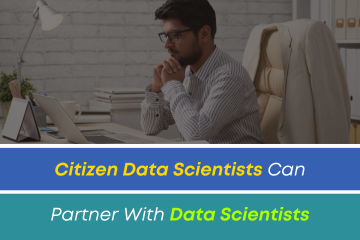
According to some estimates, the average salary of a Data Scientist in the United States is over $150,000 per year. If your business wishes to accommodate a ‘data-first’ strategy to improve metrics and measurable success and avoid guesswork and strategies that are based on opinion rather than fact, it can either employ a team of expensive professionals, or it can take a different approach.
‘Citizen Data Scientists can use their knowledge of a business sector, industry, function or market to drive questions and develop reports and presentations to illustrate issues, identify problems and find opportunities for growth and competitive positioning, and share this data (and the search and analytical techniques) with other users.’
Citizen Data Scientists are business users who have a place on your team and are hired because of their professional and career experience in a particular industry, business function or discipline. When they are given access to data analytics, they can merge their knowledge of an industry, e.g., research, healthcare, law, finance, sales, supply chain, production, construction etc., with data integrated from databases, best-of-breed software programs, ERP, SCM, HRM and other systems and use sophisticated analytical tools in an easy-to-use, intuitive environment to gather and analyze data and produce insightful, concise results that are meaningful to their role.
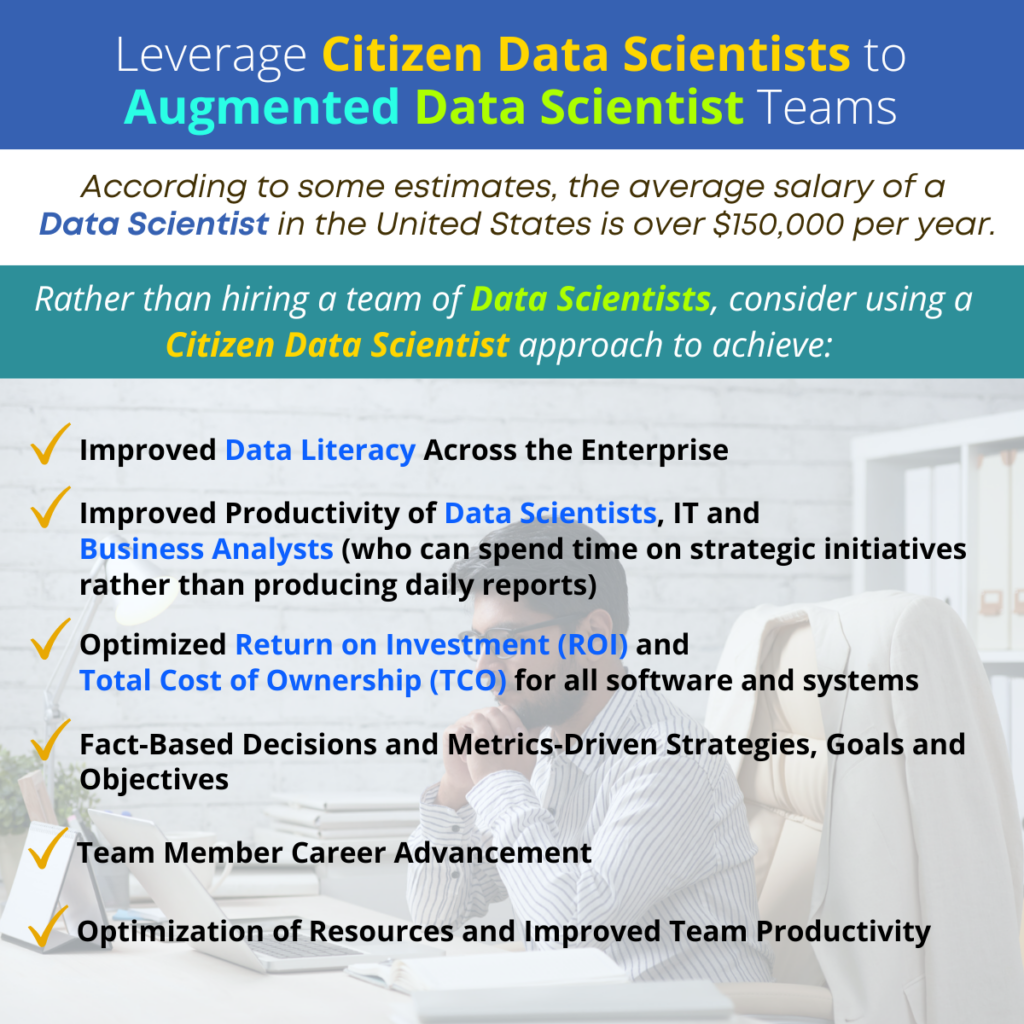
Depending on the size, market and industry of your business, you may choose to augment your staff with one or more data scientists to refine results produced by Citizen Data Scientists on a day-to-day basis. So, if a power user or business users discovers a challenge or an opportunity and your management team wishes to further explore the issue to understand its strategic or operational value, a Data Scientist can take the predictive model or other analytical report produced by a Citizen Data Scientist and refine the results for executive review.
Whether you choose to employ the services of a Data Scientist, provide business analysts or IT professionals to support your business users, you can create a comprehensive foundation for analytics across your organization.
By democratizing data analytics you can achieve many benefits, including:
- Improved Data Literacy Across the Enterprise
- Improved Productivity of Data Scientists, IT and Business Analysts (who can spend time on strategic initiatives rather than producing daily reports)
- Optimized Return on Investment (ROI) and Total Cost of Ownership (TCO) for all software and systems
- Fact-Based Decisions and Metrics-Driven Strategies, Goals and Objectives
- Team Member Career Advancement
- Optimization of Resources and Improved Team Productivity
A comprehensive self-serve augmented analytics solution will include Modern Business Intelligence (BI) and Reporting with Key Performance Indicators (KPIs), Self-Serve Data Preparation, Assisted Predictive Modeling, and Smart Data Visualization with auto-suggestions to drive the analytical techniques and illustration of data based on data type, volume, etc., and other tools like Embedded BI, Mobile BI, Key Influencer Analytics, Sentiment Analysis, and Anomaly Alerts and Monitoring.
With these tools, the Citizen Data Scientist can leverage Natural Language Processing (NLP) and search analytics with machine learning to ask questions using simple human queries and receive insightful answers. They can use their knowledge of a business sector, industry, function or market to drive questions and develop reports and presentations to illustrate issues, identify problems and find opportunities for growth and competitive positioning, and share this data (and the search and analytical techniques) with other users.
Citizen Data Scientists can predict customer responses to new product features, and to new marketing campaigns, analyze the likelihood of fraud or risk, identify supply chain issues, etc. These tools can also help the organization to foster collaboration and data sharing and encourage business users to innovate, create and explore opportunities using data-driven, factual information.
‘When Citizen Data Scientists are given access to data analytics, they can merge their knowledge of an industry, e.g., research, healthcare, law, finance, sales, supply chain, production, construction etc., with data integrated from databases, best-of-breed software programs, ERP, SCM, HRM and other systems and use sophisticated analytical tools in an easy-to-use, intuitive environment to gather and analyze data and produce insightful, concise results that are meaningful to their role.’
These are just a few of the factors you must consider when implementing a Citizen Data Scientist approach. Business users who are interested in becoming a Citizen Data Scientist must be willing to embrace new technology and tools and working at the leading edge of a new approach to collaboration and decision-making. initiative. Consider engaging an expert for your Citizen Data Scientist. IT consultants with experience and skill in this area can provide crucial support to help you succeed with your Citizen Data Scientist initiative and can provide simple Training Programs to bring your team on board and help them see the value to themselves and to the organization.



